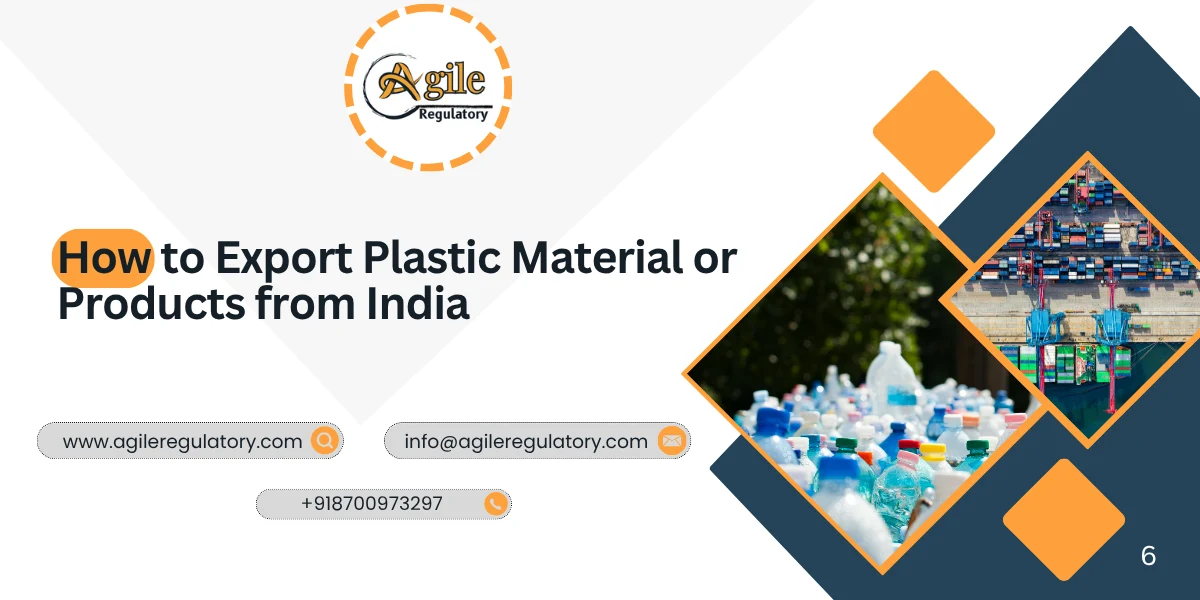
Get Instant Solution By an Expert Advisor
(4.8)


When businesses plan to manufacture or sell storage batteries in India, they face one critical rule: compliance with standards. Storage batteries store energy and give it back when needed. These batteries help power devices, vehicles, and solar setups. But not all batteries are safe or of good quality. That’s why the government has made certification mandatory
The Bureau of Indian Standards (BIS) ensures that only safe, efficient, and reliable batteries reach the market. Under the Compulsory Registration Scheme (CRS), BIS has listed IS 16270:2014 as the standard for secondary cells and batteries containing alkaline or other non-acid electrolytes. This is mainly for use in portable applications. If a manufacturer wants to sell storage batteries in India, they must comply with this standard
In this article, we will break down what BIS CRS Certification is, why IS 16270 matters, who needs this certification, and how to get it
The Bureau of Indian Standards is a national body. It sets rules to check the quality, safety, and performance of products. It gives licenses and certificates to make sure only good products enter the Indian market. BIS has many schemes. One of them is called the Compulsory Registration Scheme (CRS)
Under CRS, products listed in the scheme must meet Indian standards. The government made CRS mandatory under the Electronics and Information Technology Goods (Requirements for Compulsory Registration) Order, 2012.
IS 16270:2014 is an Indian Standard that applies to secondary batteries and cells. These batteries are not for one-time use. They can be recharged and used again.
This standard mainly covers batteries with alkaline or other non-acid electrolytes, such as nickel-metal hydride (NiMH) or nickel-cadmium (NiCd) batteries. It ensures that these batteries are safe for users and do not pose risks like fire, explosion or leakage
The key focus of IS 16270 is on:
The standard also checks the battery’s resistance to heat, shock, vibration, and overcharging. When batteries pass these checks, they get the green light for sale.
Storage batteries are used in many critical areas—medical tools, emergency lights, power backups, and mobile devices. A faulty battery can harm people or damage goods. That’s why the Indian government made the certification process strict.
Here’s why BIS CRS Certification is vital:
If a company wants to produce, import, or sell storage batteries, it must register with BIS and get the CRS certification under IS 16270.
Getting BIS CRS certification for storage batteries under IS 16270 involves multiple steps. Each step needs attention to detail. Below is a simple breakdown of the process:
The first step is to test battery samples in a BIS-approved lab. The lab must be accredited under ISO/IEC 17025. The samples are tested according to IS 16270:2014.
The manufacturer must collect and prepare the following documents:
The application is filed online at the BIS portal. All documents and test reports are uploaded. The application is filed under Form I of CRS.
Once BIS receives the application, it checks all data and documents. If everything is found in order, BIS grants the Registration Certificate (RC). This RC is valid for two years.
After certification, the manufacturer must mark the battery with the Standard Mark (CRS logo) and Registration Number.
Here’s a list of the major documents needed to apply for BIS CRS Certification for IS 16270:
Each document should be clear and valid. Any mismatch or missing paper may delay the registration.
Storage batteries power the future—but only when they are safe, tested, and certified. The BIS CRS Certification under IS 16270:2014 ensures that storage batteries meet India’s strict safety and performance norms. Whether you are a local maker or an overseas exporter, you must follow this rule to enter the Indian market.
From lab testing to document checks, the certification process may look hard—but it is doable with the right approach. Once certified, your battery products get the license to sell across India, giving you a market advantage and legal approval.
If you are a manufacturer, brand owner, or importer, now is the right time to begin your certification journey.
.webp)
 Nishi Chawla
Nishi Chawla
24 Oct, 2025

 Nishi Chawla
Nishi Chawla
23 Oct, 2025

 Nishi Chawla
Nishi Chawla
22 Oct, 2025

 Nishi Chawla
Nishi Chawla
17 Oct, 2025

 Nishi Chawla
Nishi Chawla
17 Oct, 2025

Get Instant Solution By an Expert Advisor
(4.8)
We simplify compliance through a proven 4-step process: Consultation, Documentation, Submission, and certification. From understanding requirements to getting final approvals, we deliver a smooth, timely, and fully compliant journey for your business.
What our customer says about us
Fantastic support from the team. Their expertise transformed our approach, driving remarkable outcomes. A must-have partner for businesses seeking effective consulting solutions. Highly recommended.

KTPL Instruments
Agile Regualtory delivers exceptional solutions. Their insightful guidance streamlined our processes and boosted profitability. Highly recommended for businesses seeking expert consulting services to thrive.

Justrack IOT
Impressed by Agile Regulatory's expertise. Their strategic insights and practical solutions have elevated our business operations. A reliable partner for effective consulting services. Highly recommended for growth-focused businesses.

Coaire Compressor
Extraordinary consulting services. Their insightful solutions and dedicated team reshaped our business, driving remarkable improvements. Highly recommend it for transformative results.

Easy Polymer
Incredible experience with Agile Regulatory. Their innovative strategies and expert advice revitalized our business model, resulting in impressive growth. Highly recommend their exceptional consulting services.

Tarus International
Top-tier consulting! offered strategic solutions that revolutionized our approach. Their deep expertise and personalized guidance made a significant impact on our success. Highly recommend their services.

Anchor Weighing
Agile Regulatory exceeded expectations! Their tailored solutions, expertise, and proactive approach led to remarkable results. Highly recommend for businesses seeking impactful and strategic guidance.

AM Capacitor
Outstanding service! delivered targeted solutions with professionalism and expertise. Their insights elevated our business strategies, resulting in noticeable growth. Highly recommended for exceptional consultation.

Imaxx Pro Aquistic
Leave a Reply
Your email address will not be published. Required fields are marked *